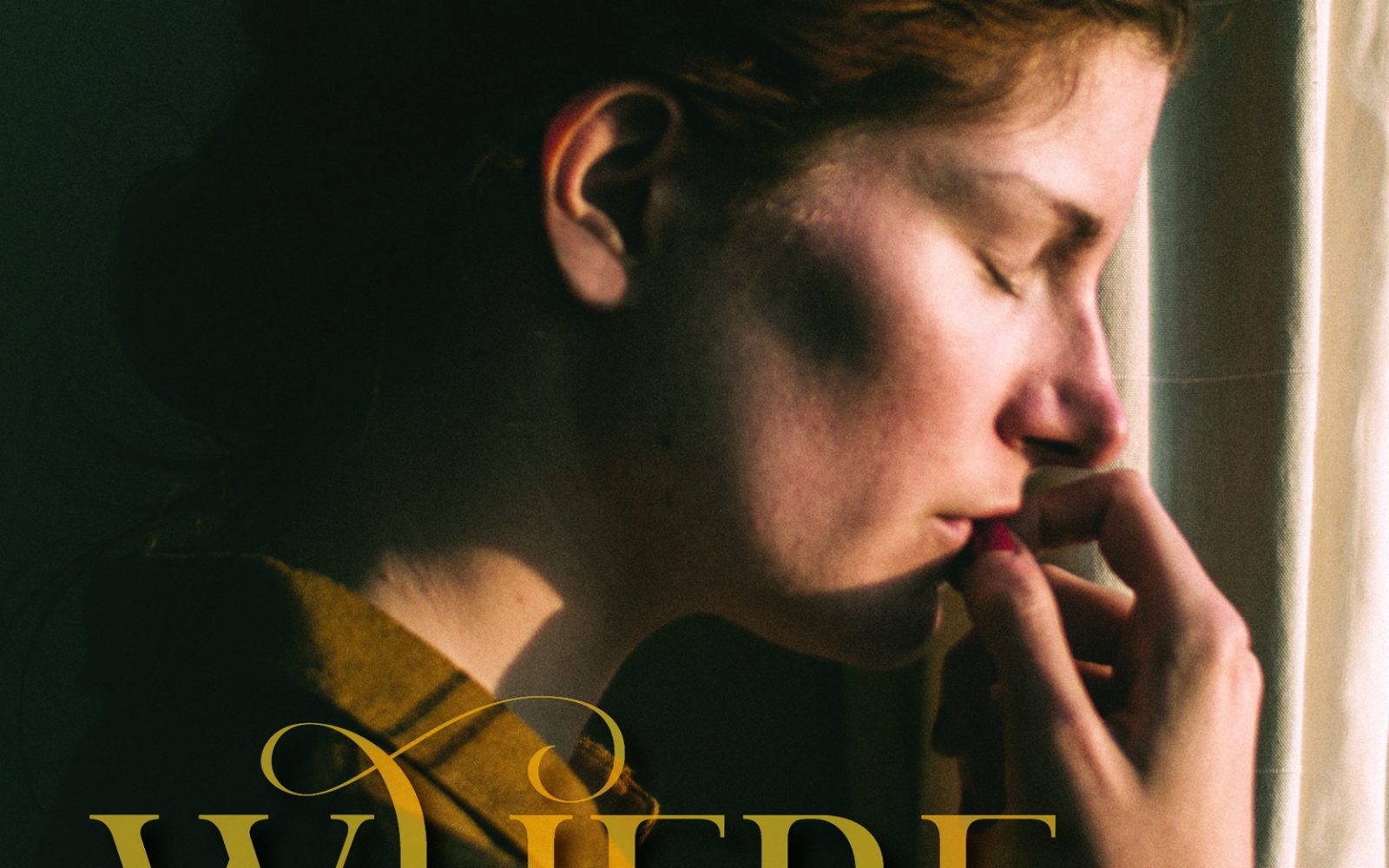I need to keep this book around anytime I feel like my life is ‘rough’. I got to marry for love. Leah met her future husband maybe once before they were married; they didn’t even know each other, let alone know if they loved each other. My husband is alive, well-ish, and snoring in back of me. Leah’s husband was killed defending their family from soldiers. Leah’s only other relationship with a man ended with a soldier dead, her man going to prison (and eventually dying there), and her fleeing the country with two young sons. If I am mistreated at work, I have some recourse; Leah had none and had to make her own.
Leah’s teenage son had to get a job after school to help his mother and two uncles keep a roof over their heads and buy enough food to survive on. His take home? One dollar a week! (Most people nowadays earn at least that much on a mandated 15 minute paid break! For further perspective, young Benny would have to work for 1923 YEARS to earn the increase in initial membership fee to Mar-a-Lago since Trump became president. I checked and $1 earned in 1905 would be like earning $26.05 today, which means it would still be a crappy weekly wage.)
The lives of most immigrants to the US then, well…sucked. They left war, persecution, famine in their native countries to come to the USA – where the streets were said to be ‘paved with gold’. But ‘happily ever after’ didn’t quite turn out that way. The strong preyed on the weak. Immigrants born in another country often had ‘differences of opinions’ with people who were born in the US, but whose ancestors came from the same country the ‘new’ immigrants did. Religion fought against religion, race against race, ethnicity against ethnicity, rich vs. poor…if a line could be drawn between two groups of people it was drawn. Sadly, many of those same lines still exist today.
Ms. Magid does an incredible job at describing the conditions and privations of immigrants and factory workers at the turn of the 20th century. And on the flip side, the warmth of family and friends, be it Leah and her brothers and sons, or even Jake and his father Samuel (in their own way) was palpable.
Families and friends had to help each other be strong, because most other social forces were trying to beat each other down and tear each other apart. For instance, Benny was beaten up by an Irish gang until he ‘accepted’ a position running numbers for them. Then he was ‘rescued’ by Jake, who was also of Jewish extraction … who ultimately used Benny for assignments of questionable legality.
Now, you may think with my talk of social injustice, that I came away not liking the book. Oh, that is so far from the truth. Despite the terrible things that happened (much like in the movies Braveheart or Schindler’s List, to name but two), I finished reading Where Do I Go feeling ‘lighter’ than I did when I started.
When the opportunity presents itself for me to read another book by Beverly Magid (Flying Out of Brooklyn or Sown in Tears, or some future work), I am jumping on it.


